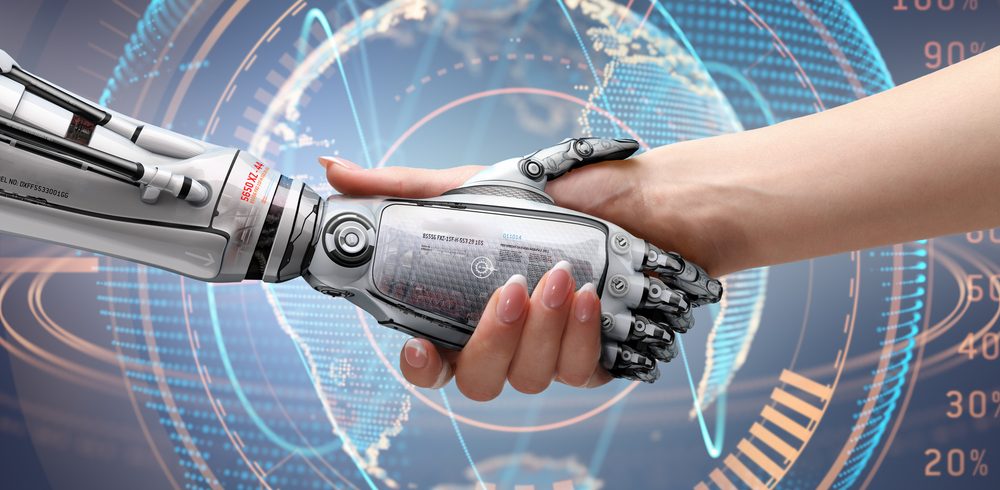Tired of pushing a vacuum cleaner around? Fed up of the hand-and-knees job that is the kitchen floor? Worry no longer: some of the most cutting-edge, robotic technology could be standard practice in UK households by as soon as 2018.
Autonomous products have become a permanent fixture in a host of industries over the last few years. Providing greater control, enhanced precision, faster production and workforce optimisation for multiple sector, robotic technologies are latest best practice model to flood the marketplace. Not just a tool with which to revolutionise business however, robots could well be the next big thing in consumer tech, fundamentally changing daily practices such as cleaning.
It was at the start of last year that robotic vacuum cleaners made their mark on market, despite the first wave of consumer robots being released back in 2012. Their slow start was attributed to varied levels of performance amongst machines as well as power source issues, high initial investment costs and ongoing operational expense. Over the last few years, the challenge for manufacturers has then been to design a vacuum that would be cost-effective in the long and short term and, crucially, a machine that could match the cleaning power of a human.
By and large, those solutions have now arrived and, as a new generation of robot cleaners are launched, sales are predicted to sky-rocket. In fact, it has been predicted that the robotic sector will expand to the size of the current automotive industry by 2020 with robot cleaners bearing the brunt of its new-found popularity.
Susan Eustis, head of the study into robotic cleaning technology reiterated that robotic cleaners can, and will, add value only if they better cleaning results at an affordable price. She went on to say that major organisations such as iRobot, LG, and Samsung will play a key role in developing intuitive and innovative features that will incentivise making the switch to autonomous cleaning.
The household robotic cleaning market is set to almost double to a value of around £1bn by 2018. And while it may be a useful commodity, even novelty, for some, it will also allow the ageing population more independence in later life and allow them to remain in their own homes for longer. Certainly food for thought.
















